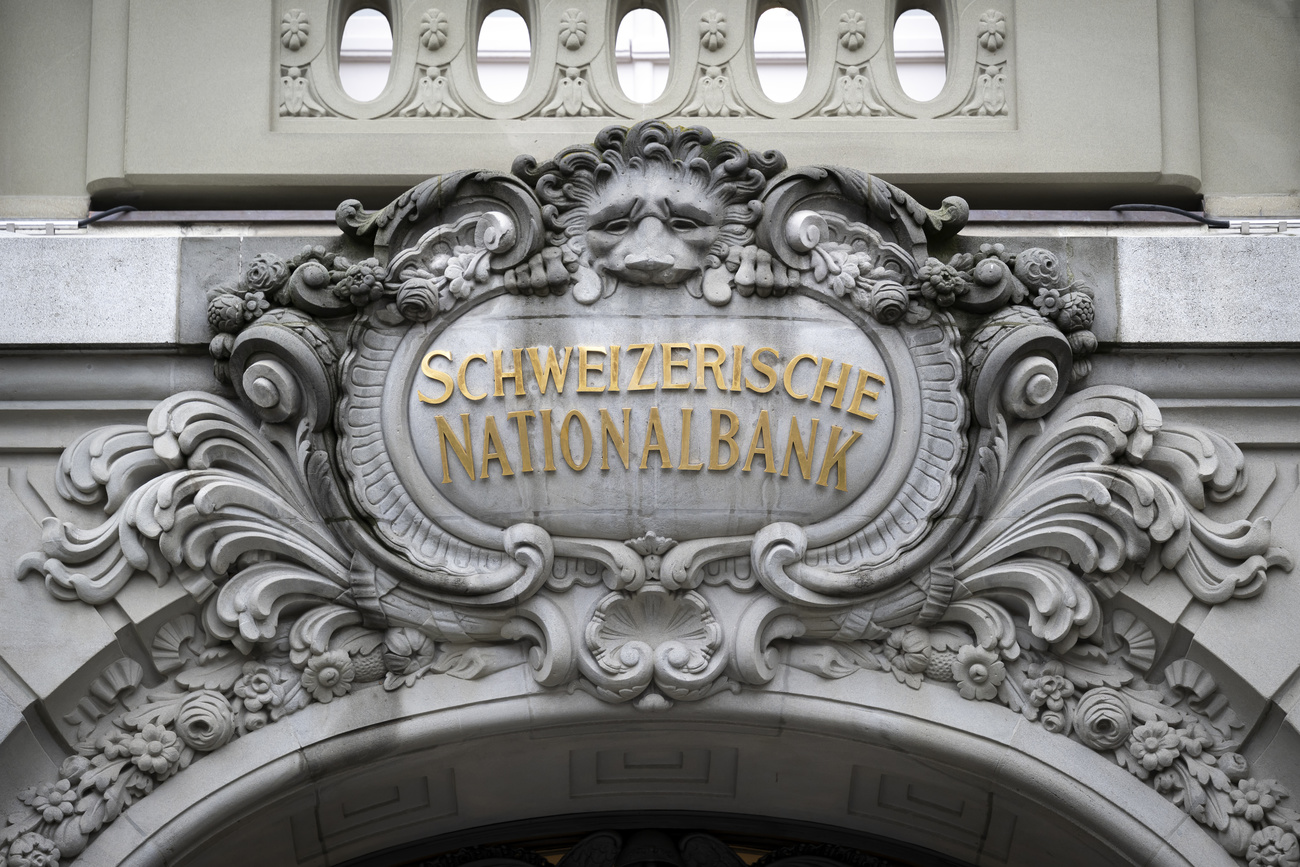
SNB skips second payout in a row as record loss haunts central bank

Switzerland will for the second time in a row not see any payout from its central bank, as the soaring franc counteracts gains on capital.
The Swiss National Bank (SNB) expects an annual loss of around CHF3 billion ($3.5 billion) for last year, it said on Tuesday in preliminary results. The franc’s appreciation weighed on profits from equity and bond portfolios in foreign currencies, and the institution also had to pay interest to banks.
The loss means the SNB can’t make up for 2022’s record CHF132 billion shortfall, which will continue to stay on its books. It needs to be offset by gains before payouts can be made again.
+ Swiss central bank posts record CHF132 billion loss for 2022
Two years ago the institution was hit by collapsing valuations of foreign-exchange holdings, which were multiplied via the SNB’s extraordinarily large balance sheet. It has since reduced its assets to CHF785 billion from more than CHF1 trillion in 2022, but that’s still almost the size of Switzerland’s economy.
UBS economist Alessandro Bee told Bloomberg before the results that for a payout next year, the central bank would need to earn at least CHF50 billion in 2024 – a goal he called “not impossible, but also not regular”.
Bee had predicted 2023 full-year profit of around zero.
For last year, the profit on foreign-currency positions was about CHF4 billion, according to the SNB’s statement. Franc positions caused a loss of CHF8.5 billion, while gold holdings saw a valuation gain of CHF1.7 billion.

More
Should the Swiss National Bank distribute more money to the government?
This is only the third time in over a century that the monetary authority has to forgo an annual payout to Switzerland’s government and its shareholders. Last year’s pause forced a number of Swiss cantons to revise their budgets.
Holders of SNB equities will go empty as well. Unlike most other central banks, it is a publicly traded joint-stock company, with about half the shares held by the public sector and the rest by companies and private individuals.
Earnings from the institution’s operations don’t influence monetary policy. Final results – which usually don’t show big changes – are due on March 4.
This news story has been written and carefully fact-checked by an external editorial team. At SWI swissinfo.ch we select the most relevant news for an international audience and use automatic translation tools such as DeepL to translate it into English. Providing you with automatically translated news gives us the time to write more in-depth articles. You can find them here.
If you want to know more about how we work, have a look here, and if you have feedback on this news story please write to english@swissinfo.ch.

In compliance with the JTI standards
More: SWI swissinfo.ch certified by the Journalism Trust Initiative




























You can find an overview of ongoing debates with our journalists here . Please join us!
If you want to start a conversation about a topic raised in this article or want to report factual errors, email us at english@swissinfo.ch.